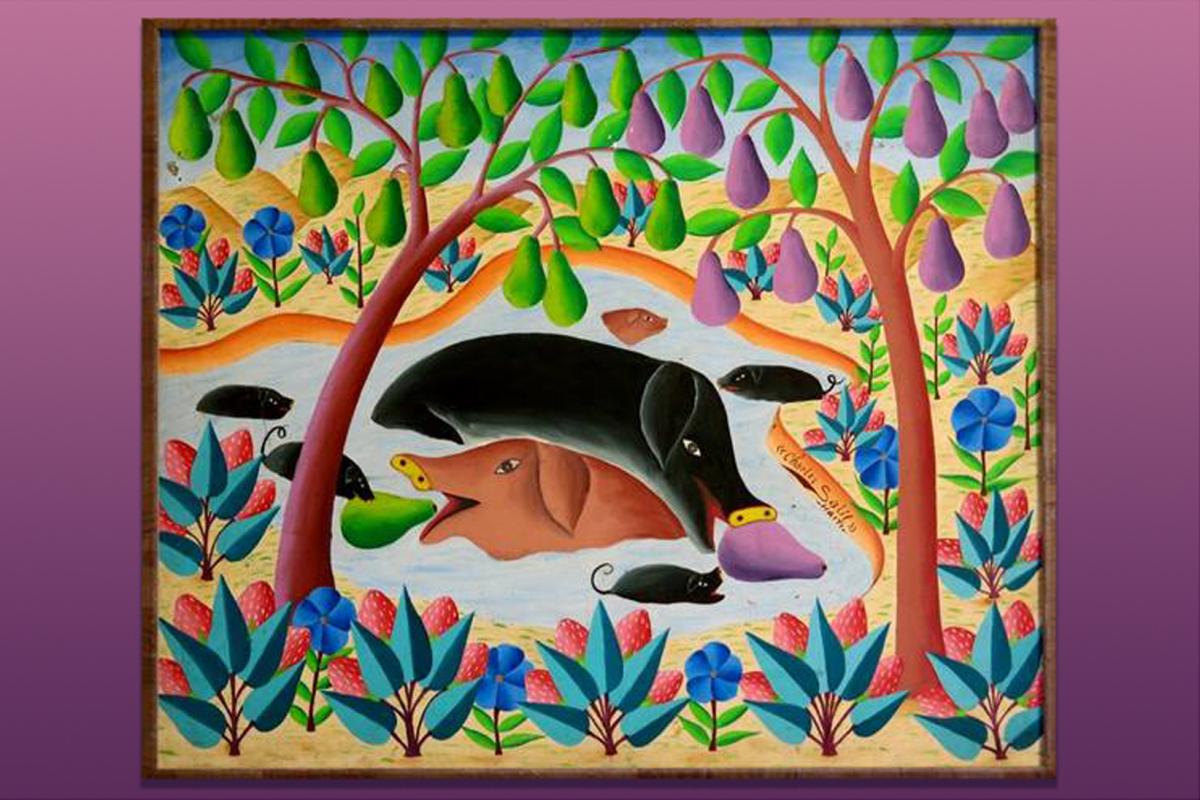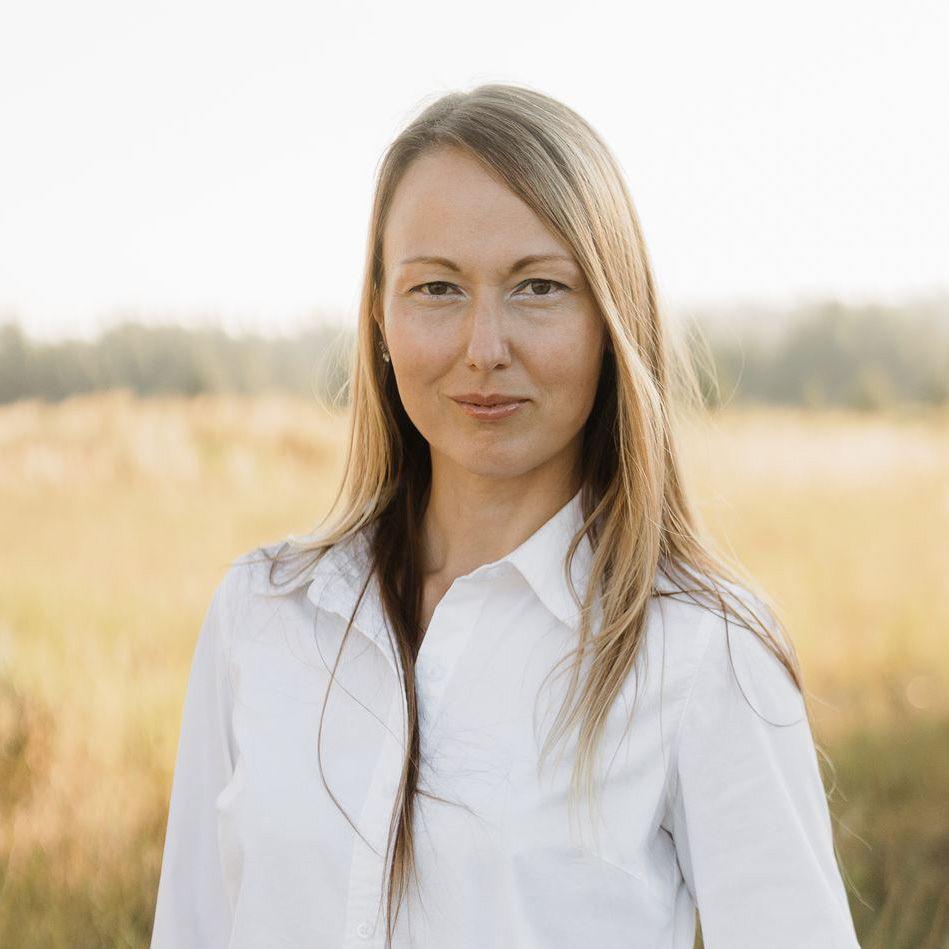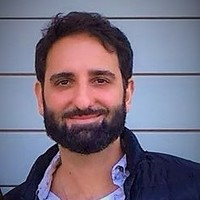When Animals Speak: Rethinking Interspecies Dialogue Beyond Anthropocentrism

About the Event
Contemporary thinking on animal–human relations reflects a profound shift away from entrenched anthropocentrism toward a more inclusive, multispecies perspective that recognizes nonhuman agency and reconfigures traditional power hierarchies. Recent scholarship challenges the notion that communicative and ethical capacities are exclusive to humans. This symposium explores the reorientation toward interspecies perspectives that challenges traditional ecological knowledge and invites a reevaluation of ethical and political practices in our shared environment. Collectively, these perspectives urge us to rethink human–animal relationships/hierarchies as complex, dynamic interactions marked by mutual dependency, care, and dialogue, ultimately promoting a more sustainable and egalitarian coexistence.
We invite you to a symposium with two scholars who are doing cutting-edge work on these issues: Rodrigo Bulamah (University of Rio, Brazil - cultural anthropologist; Francophone and Haitian studies); Anastassiya Andrianova (North Dakota State University - comparative literature; Ukrainian and Russian studies; media studies). One of the aims of the symposium is to offer perspectives on human-animal relations from different disciplines: humanities, social sciences, and biology/ecology. In all these fields, scholars are engaged to rethink our ethical frameworks by critiquing human exceptionalism, and positing that human-animal relations must be understood in the context of colonial legacies and socio-economic structures that often position animals as subordinate beings. The emergence of a multispecies scholarship in all these disciplines encourages more inclusive thinking and practices that bridge the divide between human rights and animal welfare, fostering systemic changes necessary for a just coexistence in the context of and in response to the anthropocene.
This symposium is co-sponsored by the Winthrop-King Institute for Contemporary French and Francophone Studies and the Department of Modern Languages and Linguistics' French program and Russian and Slavic program.
We also invite you to an affiliated event on the afternoon before the symposium, co-sponsored by the Winthrop-King Institute: the talk “’I am Transforming...’: The Environmental Impact of the Russia-Ukraine War Through Contemporary First-Person Narrative," presented by Anastassiya Andrianova.
Anastassiya Andrianova
“Mavkas, Wild Robots & Other Oddkin: Environmentalism in Ukrainian and US American Popular Culture”
This talk explores the environmental turn in Ukrainian and U.S. American children’s literature and popular culture by focusing on the depiction of nonhuman characters in two acclaimed animated films, Mavka: The Forest Song (Animagrad, 2023, dir. Oleksandra Ruban and Oleh Malamuzh) and The Wild Robot (DreamWorks/Universal, 2024, dir. Chris Sanders). Based on Lesia Ukraïnka’s modernist drama Forest Song, the former was developed in collaboration with WWF-Ukraine and features endangered animals and plants from Ukraine’s Polissia region; the latter, a film adaptation of Peter Brown’s bestselling Wild Robot book trilogy, was 2024’s only Oscar-nominated feature to pass the “Climate Change Reality Check” test and was recognized by PETA for its vegan messaging. As examples of mainstream popular culture with global reach, both animated films are also rooted in their respective cultures’ ecological concerns, deforestation and climate change, and contribute to ongoing debates about the relationship of nature and technology. By bringing these two unlikely titular characters—Mavka and the Wild Robot—together to form what Donna Haraway might term “oddkin,” this talk considers both the advantages and the limitations of mainstream eco-messaging, the appeal and anthropocentrism of talking animals and the broader “Disneyfication” of literature and culture, and finally, the value of comparative analyses across cultures and time periods to solving today’s pressing issues.
Bio

Anastassiya Andrianova is professor of English at North Dakota State University in Fargo, North Dakota. A native of Kyïv, Ukraine, she holds a Ph.D. in Comparative Literature from the CUNY Graduate Center and writes on Ukrainian literature, children’s literature, environmental humanities, critical animal studies, and disability studies. Anastassiya’s work has appeared in Modern Drama, Slavic Literatures, Translation and Literature, Society & Animals, Children’s Literature Association Quarterly, Disability Studies Quarterly, and other scholarly and popular publication venues. In June 2024, she co-organized (with Rodolphe Baudin) a conference on disability studies in Eastern Slavistics at the Paris Sorbonne and is now co-editing a special volume with Revue des études slaves based on the conference proceedings. As a member of the Fargo-Moorhead Ukrainian community, Anastassiya regularly gives public interviews to raise awareness about the ongoing war in Ukraine.
Rodrigo Bulamah
“The Great Pig Massacre: Histories of Race and Animalization in Latin America and the Caribbean”
In the 1970s, a new swine disease started to gain ground in different parts of Latin America and the Caribbean. Due to its origins being traced back to the protectorate of British East Africa, nowadays Kenya, and the similarities with the classical Swine Fever, it became known as African Swine Fever (ASF). As the disease spread throughout the world, it was followed by scientific studies and meetings to grasp its characteristics and effects on animal populations as well as to formulate possible answers to its dissemination. In the island of Hispaniola, divided between Haiti and the Dominican Republic, the disease was met with the total extermination of local livestock. While in other contexts, sick animals were separated from the rest and only then killed, a practice known as ‘stamp out’, in Haiti and the Dominican Republic the whole population was killed in order to safeguard pig farms in the United States, Canada and Mexico. In Brazil, although not on the same scale, huge numbers of pigs were slaughtered – mainly those raised by small farmers in rural areas as well as in favelas and urban peripheries.
Despite some efforts to locally understand those killings, the history of PSA massacre as a panamerican event has yet to be written. In this presentation, I will center my inquiry on ideas such as race, culture, and species to understand how the massacre was made possible from a Western scientific and political perspective. Notions such as modernization were mobilized to justify these radical measures while positing the necessity to replace those local creolized specimens for better suited and genetically selected pigs. Behind this move, I argue, there is a particular representation of livestock raising as a White labor attached to national imaginaries of nature and farming. Besides, it is my interest to imagine forms of reparation and justice that take into account the multiple agencies and ecologies that were lost due to the massacre, taking into account the point of views of animals and their affective worlds.
Bio

Rodrigo Bulamah is assistant professor of anthropological theory at the Rio de Janeiro State University (UERJ). He earned his doctorate in social anthropology from a dual-degree program between École des Hautes Études en Sciences Sociales (EHESS/Paris, France) and the State University of Campinas (Unicamp/Brazil). He graduated in social anthropology and ethnology (UNICAMP, Brazil/EHESS, France, 2018). He has been working in Northern Haiti since 2012, combining ethnographic fieldwork with historical sources focusing on themes such as kinship, historicity, ecology, and food. He was a visiting scholar at Duke and Rice University. His actual research draws on ecologies of practice, environment, and energy in Haiti through analyzing the social life of wood charcoal as well as associations with other agricultural products and their representations and engagements in multiple scales. He is also working on a book project that investigates the social history of pigs in the Caribbean and how they participated in creating new counter-plantation futures.
Friday, Oct 24
1:15 p.m. – coffee/pastries 4th floor of Diffenbaugh
2-2:45 p.m. – Anastassiya Andrianova, North Dakota State University: "Mavkas, Wild Robots & Other Oddkin: Environmentalism in Ukrainian and US American Popular Culture"
- Participation via Zoom
2:45 p.m – short coffee break (10 minutes)
3-3:45 p.m. – Rodrigo Bulamah, Rio de Janeiro State University: "The Great Pig Massacre: Histories of Race and Animalization in Latin America and the Caribbean"
- Participation via Zoom
Coffee break (10 mins)
4-5 p.m. – joint Q and A
- Participation via Zoom
